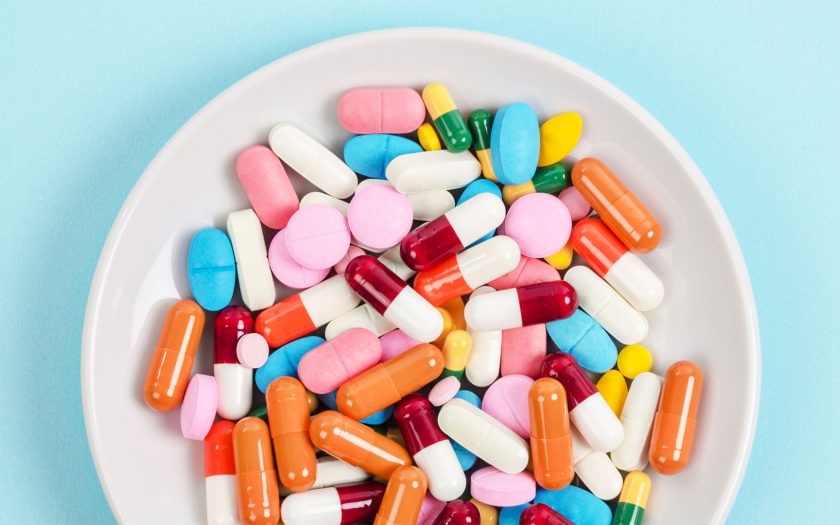Vitamins are an important component of vegetables and fruits. The science that studies these substances is quite new: the first studies were conducted at the end of the century before last, and it developed rapidly in the middle of the last century.
The founder of the science of vitamins was the doctor and naturalist M. Lunin, who in 1880-1881 conducted detailed experiments on two groups of mice. He fed the first group of mice with milk, and the second with an artificial mixture containing salts, carbohydrates, fats and proteins and water in the same ratio as in natural milk. The second group of mice died soon after. On the basis of these experiments, the scientist concluded that there is another substance in the food, unknown at the time, but irreplaceable and necessary for the maintenance of life.
Further development of the science of vitamins is associated with studies of the health effects of different types of rice, a staple food in Southeast Asia. It has been proven many times that eating only polished rice is dangerous for people, animals and birds. This confirmed the conclusions of M. Lunin. And finally, in 1911, the Polish doctor and chemist K. Funk isolated from the bran of the same rice a substance that was used to treat paralysis of birds that were fed with polished rice. In the composition of the isolated substance, the scientist found an amino group through chemical analysis. K. Funk called the new substance a vitamin. Thus, it was proved: unpolished (brown) rice is more useful than white (polished) rice. Bread made from rye and coarsely ground wheat flour (containing bran) is also useful and nutritious.
Subsequent studies have established that vitamins are chemical substances that, even in small concentrations, have a high physiological activity in the body of some groups of animals. They promote the normal course of biological processes in the living organism. In their biological action, vitamins are similar to enzymes. But enzymes are formed in the cells and tissues of the body, and vitamins enter the body mainly with food.
Initially, vitamins originate in plants: vegetables, fruits, herbs, etc. Humans and animals get vitamins directly from plant foods or from animal products. Entering the body through the walls of the stomach and intestines, vitamins form numerous compounds that, as a rule, combine with specific proteins and form various enzymes that participate in metabolism. Many vitamins are involved in the process of breaking down food and releasing energy from it. They are also involved in the synthesis of amino acids, fatty acids and other important compounds; in the metabolism of proteins, fats, etc. At the same time, both the complete composition of all necessary vitamins in general and the amount of each used vitamin in particular are important for the body.
Deficiency of certain vitamins leads to a number of pathologies – anemia, neurological disorders, vision disorders, impaired immunity, fragility of blood vessels, hair loss, etc. Therefore, with a lack of vitamins, it is necessary to increase their level in the body. So, for example, with a deficiency of vitamin C, you should take Redoxon, and with a deficiency of vitamin B9, you should take Apo-folic.

